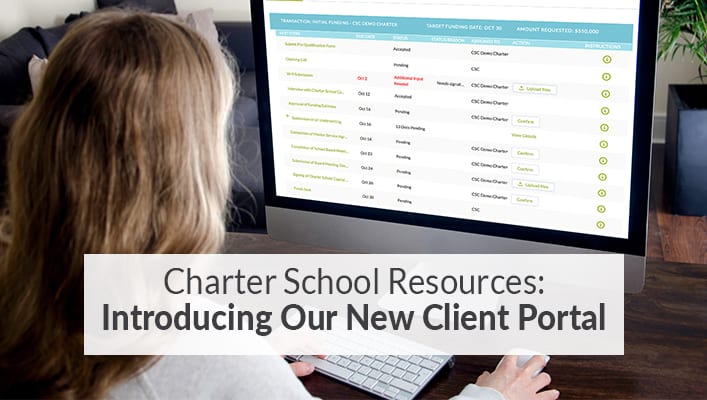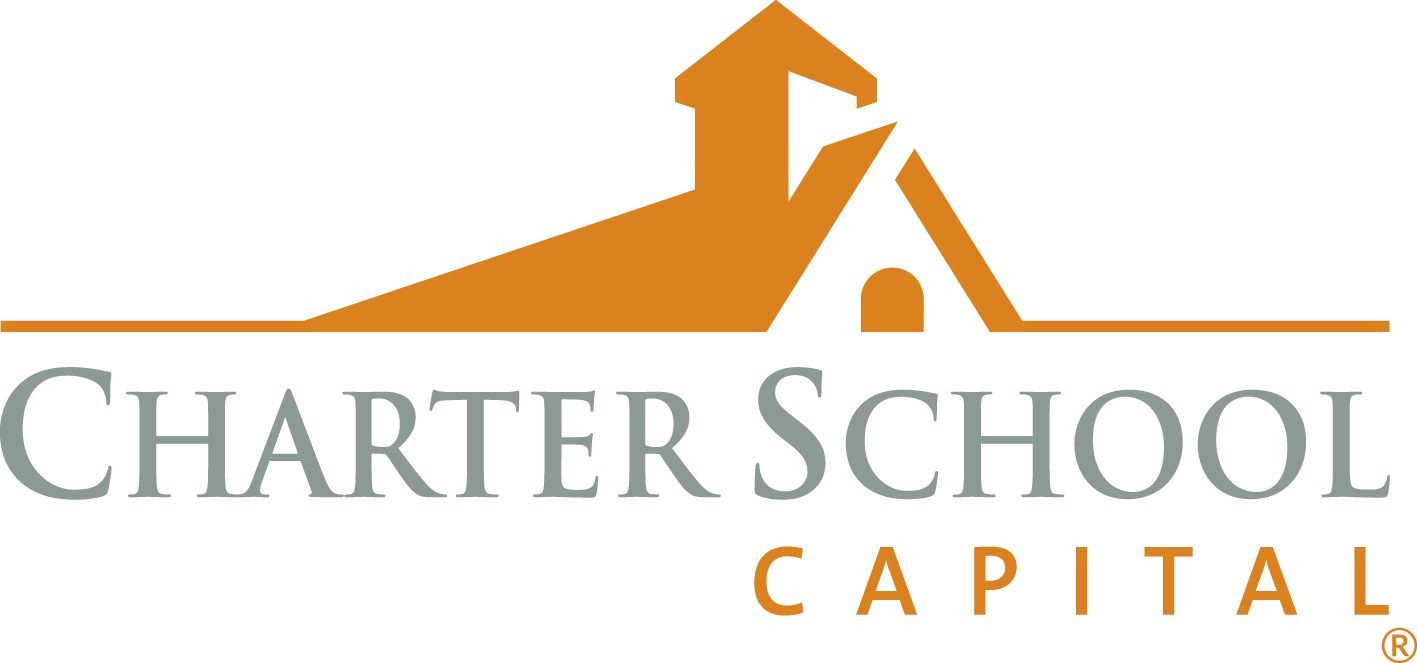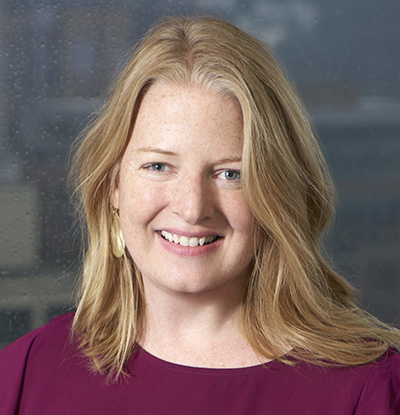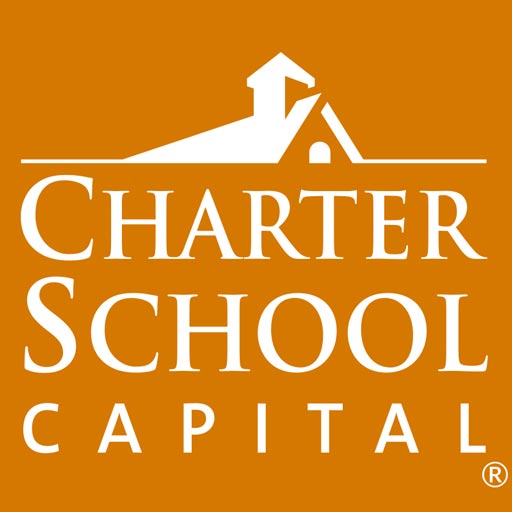 Charter School Resources: Introducing Our New Client Portal
Charter School Resources: Introducing Our New Client Portal
Our mission is to support charter leaders by providing charter school resources and tools you need to thrive. We pride ourselves on finding innovative solutions to your financing challenges and having the ability to be as creative and flexible as possible to meet your specific needs – when and how you need the support.
Because we specialize in taking on all the administrative pieces of your financing (so you can focus on your mission of educating your students) we recognized that anything we could do to make the process easier would be a win for everyone.
Enter our new Client Portal.
How could we make the process of working with us more simple, coherent, streamlined, and transparent for our clients? How could we provide clients a more holistic view of their unique funding journey? When we began to develop our Client Portal, these are the challenges and questions we aimed to address.
The Idea
A few years back, our Client Services team set out to find a way to efficiently:
• Relay to our school partners what their specific funding requirements are;
• Support clients in being able to easily comprehend those requirements; and,
• Make it easy for them to take action.
School leaders always have a lot on their plate so we wanted to make this process easier for them, but we also wanted to build a solution that – in the future – could offer even more value than just being a transactional tool (read more on this below). The idea of the Client Portal was born from one core aspiration—to deliver a higher quality customer experience to our school partners.
A Team Effort
The Client Portal project was led by our IT Manager and Senior Salesforce Specialist, John Caughie, along with our COO, Kirt Nilsson. But every one of our departments weighed in on the design, navigation, and content requirements—while working alongside our internal Salesforce Team (as well as our external consultants) to implement the Client Portal. Once the project was underway, it took approximately five months of hard work and dedication to see it to today’s first phase of completion.
The Challenges and Lessons Learned
According to our Salesforce Administrator, and a key leader on the project, Jennifer Day, “Deciding what design to go with was by far the biggest question that needed to be answered. Determining what information we wanted clients to see and interact with was easy in comparison to isolating a design that worked within the constructs of the platform but delivered an intuitive and appealing experience for clients. We’ve come a long way since our first user interface designs and are looking forward to streamlining the Client Portal as new features become available.”
One thing we learned was that timelines should never take priority over design and usability. We struggled with that at the onset (our initial timeline was two months), but we extended our deadline to craft a clean and well-designed user experience for our clients.
When rolling out any new “product”, testing is key. So, we beta tested the portal with some courageous clients. Four of our existing clients used the new Client Portal for two months to complete fundings for their schools. During that time, we had some initial bug hiccups when we pushed the Client Portal live, but those were resolved quickly in just a few days. Because of our amazing client and internal staff “testers”, we were able tosuccessfully address all the concerns and suggestions that were made in the first month, and fortunately, the second month ran more smoothly.
The Result
Our new Client Portal means clients can now see what actions need to be taken (e.g., documents that need to be signed, delivered, or returned), on a detailed timeline, to help them more efficiently and more easily finalize their transaction. With this portal, we’re offering our school partners a ‘funding journey’ – from start to finish – that provides more transparency and clarity into what can be a very-opaque process.
“When we first started out in 2014, we had to print out all of the documents, and scan and email, and we had to hurry up and get those things in. And now we have the online portal which really positive. The online portal makes it all much, much easier.”
~Dr. India Ford, T2 Honors Academy
Want an inside look at our Client Portal in action? Watch this short tutorial video!
What’s on the Horizon?
While the Client Portal is ready for all of our clients (currently utilizing our working capital and facilities products) to transition into by the end of the year, we do have much bigger dreams for it. Our ultimate goal with the Client Portal is to provide more than just transactional information. In the future, we intend to provide clients with the ability to:
• Manage all aspects of their transactions (including servicing)
• Discover other products and/or services that support growth and success
• Access all of our handy charter school resources (such as this blog).
One thing that is certain: you have a dedicated, innovative team here at Charter School Capital who will continue to deliver the very best charter school resources, products, solutions, and services that we possibly can to continue our support of charter schools, their leaders, and the movement as a whole.
 Since the company’s inception in 2007, Charter School Capital has been committed to the success of charter schools. We provide growth capital and facilities financing to charter schools nationwide. Our depth of experience working with charter school leaders and our knowledge of how to address charter school financial and operational needs have allowed us to provide over $1.8 billion in support of 600 charter schools that educate 1,027,000 students across the country.
Since the company’s inception in 2007, Charter School Capital has been committed to the success of charter schools. We provide growth capital and facilities financing to charter schools nationwide. Our depth of experience working with charter school leaders and our knowledge of how to address charter school financial and operational needs have allowed us to provide over $1.8 billion in support of 600 charter schools that educate 1,027,000 students across the country.
For more information on how we can support your charter school, contact us. We’d love to work with you!
nbsp;








 Happy New Year!
Happy New Year!